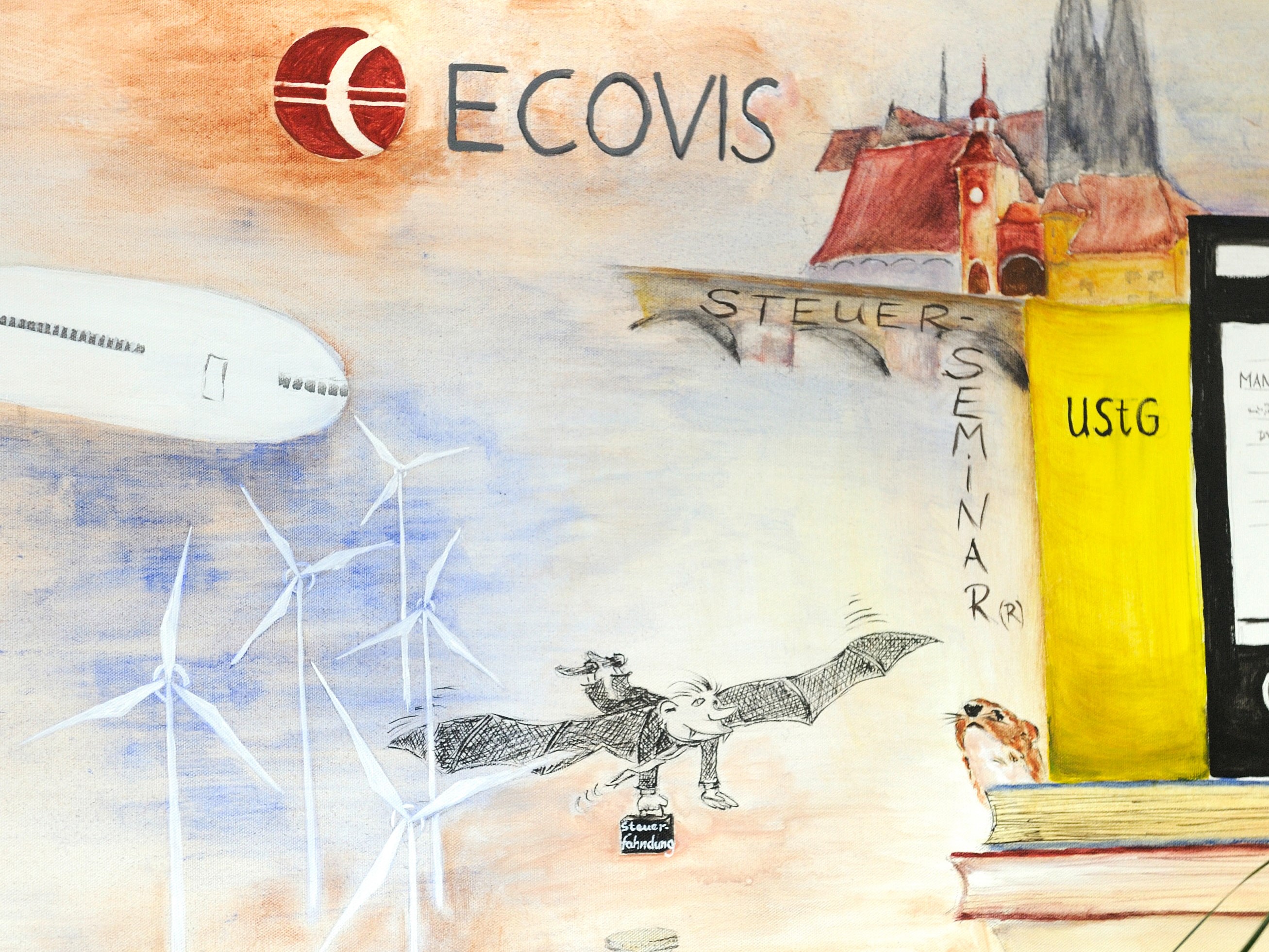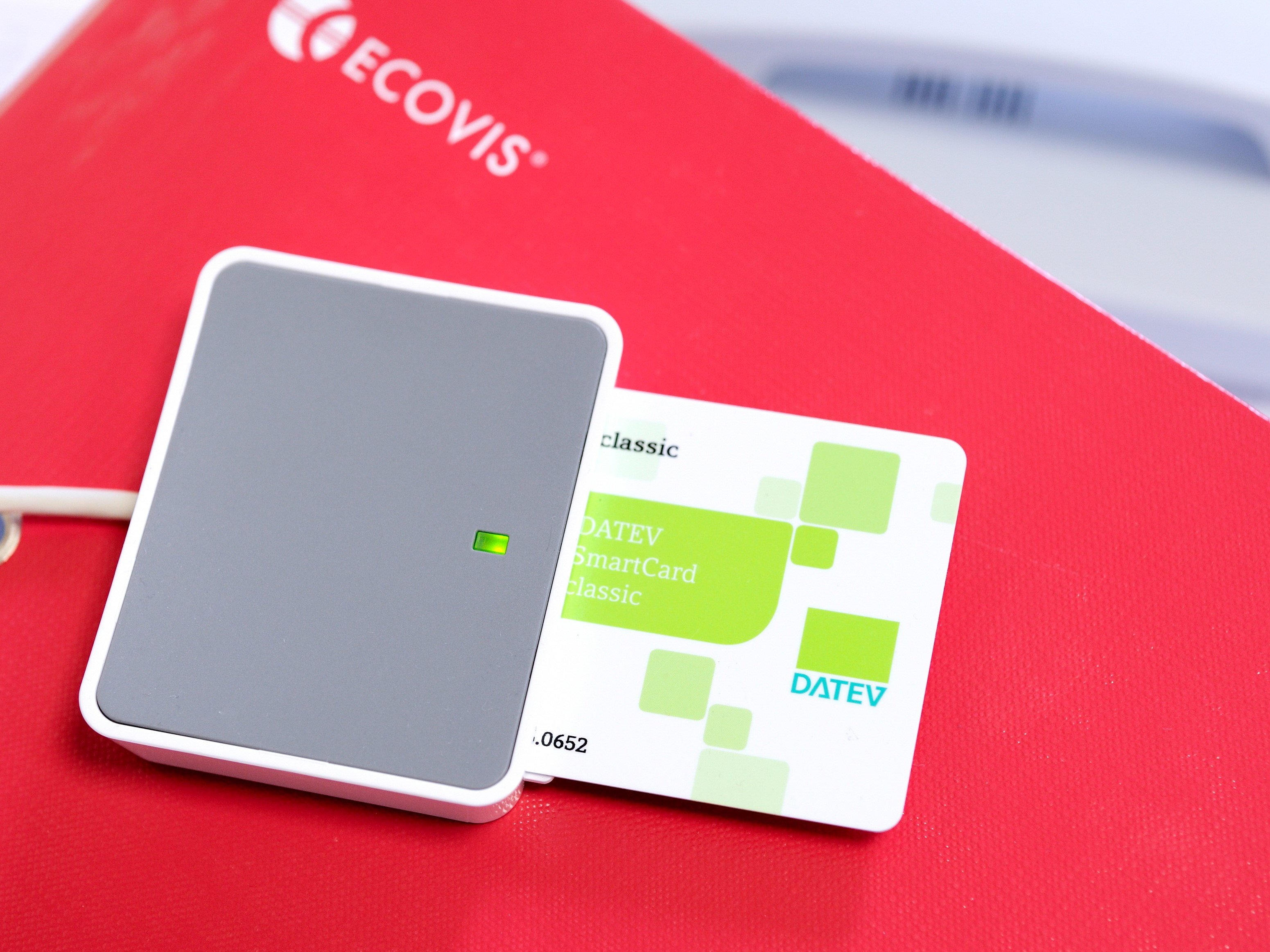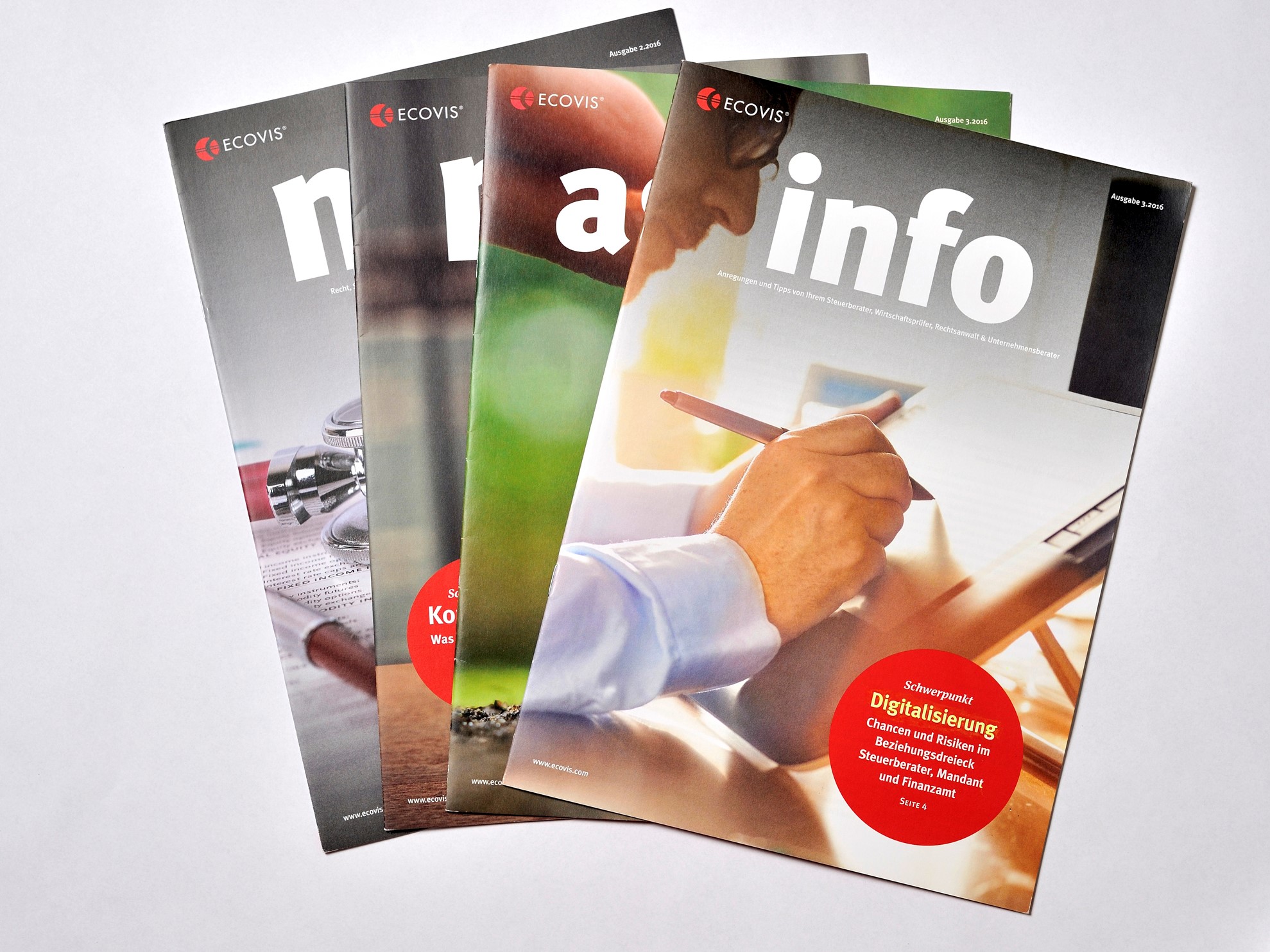Simplification of apostille procedure and removal of translation for some documents within EU
EU regulation on promoting the free movement of citizens by simplifying the requirements for the submission of certain public documents in the European Union
Právní a daňový newsletter DTIHK 1 2019
Newsletter Recht & Steuer ČNOP 1 2019
Removal of apostille and translation for some documents by EU regulation
Public documents issued by the authorities of one EU Member State for use in another EU Member State must normally be accompanied by a special verification clause for use abroad, the so-called Apostille, translated into the official language of the EU Member State, and other formalities. Only a special international treaty concluded between EU Member States can exempt from these formalities. Thus, in practice, there is often a paradoxical and often confusing situation, where, for example, public documents issued in Austria for submission in the Czech Republic do not require apostille, whereas public documents issued in Germany for submission in the Czech Republic require apostille. Some states then even refuse to attach apostille to the document by referring to a special bilateral international treaty (eg France).
Thus, the applicant not only has to procure the public document itself (eg birth certificate, death certificate or divorce judgment), but even the apostille and the official translation of the document by an interpreter, all at his own expense. Therefore, the processing of public document for use in another EU Member State may extend for several days, but rather weeks, and entail considerable costs for the applicant.
EU regulation on promoting the free movement of citizens by simplifying the requirements for the submission of certain public documents in the European Union
With effect from February 16, 2019, these difficulties should be dispensed with regarding the considerable part of the public documents issued by EU Member States. Regulation (EU) 2016/1191 of the European Parliament and of the Council of 6 July 2016 on promoting the free movement of citizens by simplifying the requirements for presenting certain public documents in the European Union and amending Regulation (EU) No 1024/2012 will apply.
Exemption of a limited range of public documents and their certified copies from all forms of legalization and similar formalities
The main advantage of the Regulation is the exemption of a specified range of public documents and their certified copies from all forms of legalization and similar formalities, including exemption from the requirement to affix the apostille to the document. Moreover, as regards public documents relating to birth, the fact that a person is alive, death, marriage, registered partnership, residence or place of residence or absence of a criminal record, EU Member State authorities will not be entitled to require the applicant to submit them to the official language, if such a public document is accompanied by the information contained in the multilingual form newly introduced by the Regulation and this information is sufficient.
The Regulation will apply in particular to the following types of public documents issued by courts or administrative authorities, notaries, or diplomatic agents or consular officers of individual EU Member States:
(a) birth (eg birth certificate)
(b) the fact that a person is alive (eg a notarial certificate that someone is alive)
(c) death (eg death certificate);
(d) names (eg child name);
(e) marriage, including the capacity to marry and marital status (eg marriage certificate, marriage certificate);
(f) divorce, legal separation or marriage annulment (eg divorce judgment);
(g) a registered partnership, including the capacity to enter a registered partnership and registered partnership status (eg confirmation of the conclusion of a registered partnership);
h) invalidating a registered partnership, legal separation or a registered partnership declaration (eg a decision to cancel a registered partnership)
(i) parenting (eg child's birth certificate);
(j) adoption (eg adoption decisions);
(k) nationality (eg citizenship certificate);
(l) the absence of a criminal record, provided that the public documents certifying this are issued by the authorities of a Member State to the Union citizen,
of which the citizen is a national (eg a criminal record).
However, the Regulation should not apply to public documents issued by non-EU authorities or to certified copies of such documents, nor to identity cards or passports, nor to copies of certified copies.
An applicant will have to apply for a connection of a multilingual form to a public document. For the preparation of a multilingual form, EU Member States will be entitled to charge a reasonable cost charge.
However, the Regulation does not preclude the use of existing systems designed to verify public documents intended to be presented abroad, and thus have the apostille given to the public document or to use exemption from formalities laid down by a special international treaty concluded between EU Member States.
What simplification will the regulation bring in practice? Extract from criminal record without apostille and translation
If a German citizen wishes to become a director of a Czech commercial company, it is sufficient if, for the purposes of registration in the Czech Commercial Register after February 16, 2019, a certificate issued by the German authorities in the German language proves the absence of a criminal record accompanied by the relevant multilingual form in German. Therefore, it will no longer have to procure apostille on a criminal record and have it translated into Czech. However, if there is a criminal record, the benefits of the regulation will not be available and the applicant will have to proceed as before.
In order to discuss the inheritance for a German citizen who has died in the Czech Republic, it will be sufficient to submit to the German authorities a death certificate issued by the Czech authorities, accompanied by an appropriate multilingual form in Czech.
The regulation for EU citizens brings much needed simplification of the submission of certain public documents in different EU Member States in accordance with the principles of the free movement of persons in the internal market and above all the unification of the mutual recognition of these public documents in all EU Member States. However, the regulation narrowly delimits the range of public documents to which it will apply. Thus, the Regulation will not apply, for example, to extracts from the Commercial Register issued in one EU Member State for use in another EU Member State. An extract from the Commercial Register regarding the German company to be submitted in the Czech Republic will still even after February 16, 2019 have to be accompanied by an apostille and translated.
ECOVIS ježek is a Czech law firm providing legal advice in EU law
Roman Macháček is an attorney and insolvency administrator and specializes in corporate law and consulting for foreign investors.
If you need quality legal advice and representation not only in the Czech Republic, you can contact us at any time.
t: +420 226 236 600 | e: roman.machacek@ecovislegal.cz
For more information, please contact:
ECOVIS ježek, advokátní kancelář s.r.o.
Betlémské nám. 6
110 00 Prague 1
e-mail: roman.machacek@ecovislegal.cz
www.ecovislegal.cz/en
About ECOVIS ježek advokátní kancelář s.r.o.
The Czech law office in Prague ECOVIS ježek practices mainly in the area of Czech commercial law, Czech real estate law, representation at Czech courts, administrative bodies and arbitration courts, as well as Czech finance and banking law, and provides full-fledged advice in all areas, making it a suitable alternative for clients of international law offices. The international dimension of the Czech legal services provided is ensured through past experience and through co-operation with leading legal offices in most European countries, the US, and other jurisdictions. The Czech lawyers of the ECOVIS ježek team have many years of experience from leading international law offices and tax companies, in providing legal advice to multinational corporations, large Czech companies, but also to medium-sized companies and individual clients. For more information, go to www.ecovislegal.cz/en.
The information contained on this website is a legal advertisement. Do not consider anything on this website as legal advice and nothing on this website is an advocate-client relationship. Before discussing anything about what you read on these pages, arrange a legal consultation with us. Past results are not a guarantee of future results, and previous results do not indicate or predict future results. Each case is different and must be judged according to its own circumstances.















